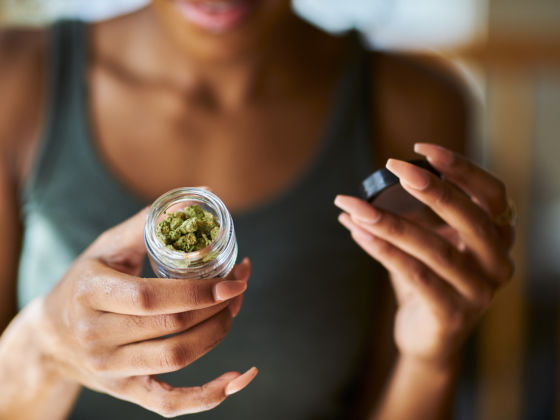GUADALAJARA, Mexico — Mexico took an important step Wednesday toward legalizing marijuana: The Supreme Court ruled in favor of four plaintiffs’ right to produce and use cannabis.
It’s not full-on legalization. Mexico still prohibits pot, except it allows personal possession of 5 grams (0.18 ounces) or under.
But the high court’s vote could influence other rulings and lead the way to rewriting marijuana policy in a nation that’s a huge supplier for the United States.
